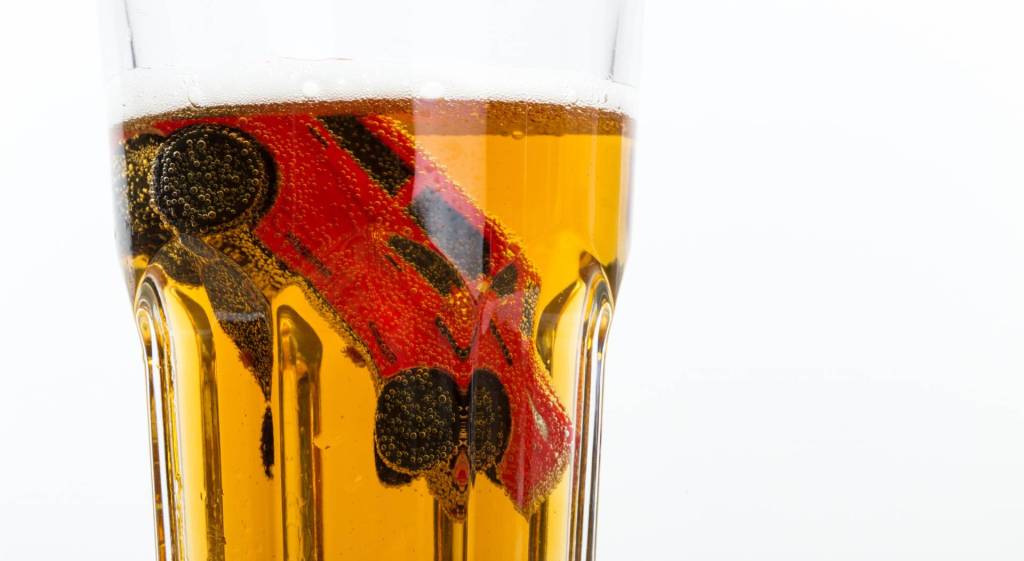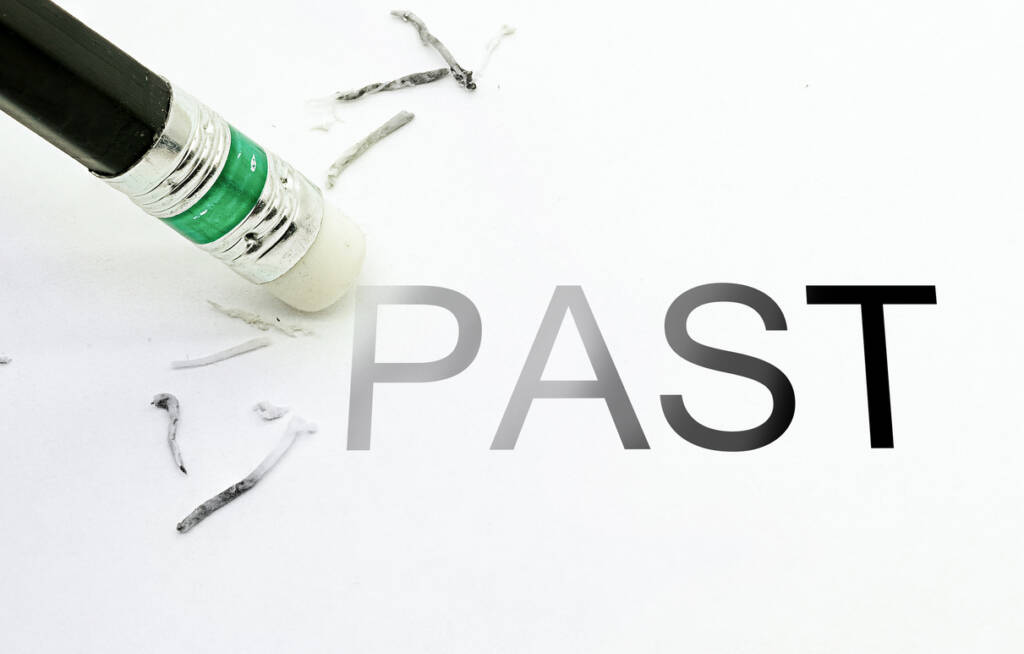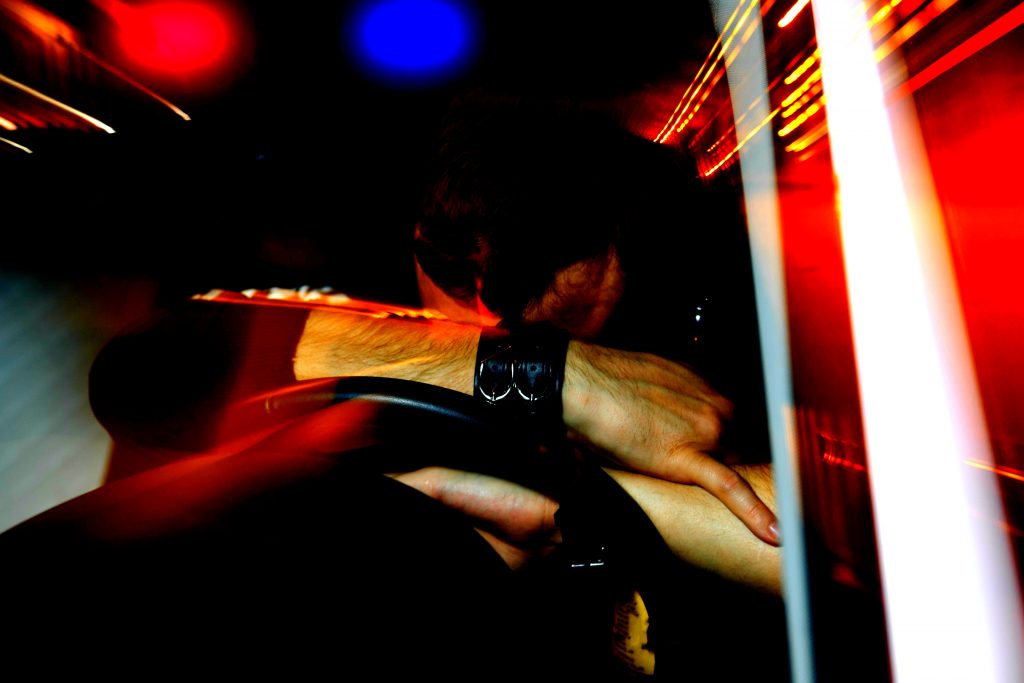Everyday, thousands of individuals across the country find their lives changed forever as the result of injuries sustained on someone else’s property. From shopping malls to hotels, there are risks in every location, and being involved in an accident can cause devastating injuries. These are often complicated cases and a criminal defense attorney can help.
What Is Premises Liability?
Premises liability describes the legal responsibility that all property owners have for any accidents or injuries which take place on their property. In the event that a property owner is found to have been negligent in their duty, the injured party may have the option to pursue expenses for medical costs, pain and suffering, and loss of earnings.

Accidents which can depend largely on the nature of the business. Common examples include:
- Failure to maintain a walkway or surface, leaving it cracked or uneven
- Slipping on a wet floor
- Injuries caused by faulty or dangerous stairways, such as poor lighting, cracked steps, loose carpet, or missing handrails
- Being injured by a faulty elevator
- Falling on a sidewalk or in a parking lot which is covered in ice
- Issues with exposed, dangerous electrical wiring, or wiring which has not been installed correctly
- Slipping on a drink which was spilled in a restaurant
- Being struck by an object falling from a shelf in a supermarket
- Negligence from a pet owner resulting in an attack or injury from the animal
- Poor security in parking lots or buildings which results in an assault or attack
Who Is To Blame?
Premises liability dictates that the person in charge of the premises is responsible, or liable, for the injury that occurs. Liability will ultimately come down to the duty of care owed to guests and visitors. A skilled personal injury attorney can help determine the specifics of your case.
In order to prove that the property owner was liable, the injured party must demonstrate that:
- A dangerous condition existed on the premises
- The party in possession or control of the premises knew, or should have known, about the condition
- The party in possession failed to use ordinary care to remove, remedy, or warn of the danger
- The plaintiff was injured as a result
How is Fault Determined in a Slip and Fall Case?
Slips, trips and falls are common injuries, and you will need to prove that the owner of the property was negligent, and that this negligence directly contributed to your accident.

In order for liability to be determined, you are required to prove at least one of the following:
- The owner of the premises or an employee must have caused the spill, worn or torn spot, or other slippery or dangerous surface or item to be underfoot.
- The owner of the premises or an employee must have known of the dangerous surface but done nothing about it.
- The owner of the premises or an employee should have known of the dangerous surface because a ‘reasonable’ person taking care of the property would have discovered and removed or repaired it.
Liability will depend largely on whether the owner or occupier of the property took ‘reasonable’ steps in keeping the property safe. The definition of ‘reasonable’ is subjective, but focuses primarily on whether or not the owner makes thorough, regular efforts to ensure that the property is clean, safe, and adequately maintained.
When evaluating your injury, you should consider whether the owner should have known about the issue – for example, tripping on torn carpet or slipping on a loose area. It is also important to find proof that the owner carries out a regular procedure for cleaning, maintaining, and checking the property, if they claim to do so.
In the event that you tripped over an object left on the floor, or in the ground – was there a legitimate reason for the item to be there? Even if there was once a legitimate reason which no longer exists – would there have been a way of removing the object, or making it safer, for example, by moving or covering the item? This could be as simple as installing a cover or barrier to help reduce the risks of accidents. Any lighting issues should also be considered; if lighting was broken or inadequate, and this contributed to your accident, you may have a case.
Can You be Blamed?
In some cases, property owners will try to defend themselves by claiming that your own carelessness contributed to your accident.

They may claim one of the following:
- You were in an area of the property you had no permission to be in, and no legitimate reason for being there.
- You failed to take adequate care – a careful person would have noticed the danger and avoided it.
- You failed to acknowledge warnings that the area was dangerous
- You were not paying due attention – for example, using your phone
- You were acting in a way which made injury more likely to occur – for example, fooling around
- You were wearing footwear which increased your chances of an accident.
How Will Fault Be Determined?
The pure comparative negligence rule of Missouri means that even if you are deemed to be partly responsible, you can still claim compensation if they are proven to be at fault. Your total settlement will be reduced by the percentage you are found to be at fault; e.g. accepting 10% responsibility for the incident reduces your compensation by 10%.

In some cases, the property owner will negotiate an out of court settlement rather than going to court; in these incidents, an offer made will take into account your carelessness and responsibility for your accident. For this reason, you must ensure that your case against the property owner is strong and tight.
How Can We Help You?
Here at Grafe & Batchelor, P.C., we have a wealth of experience in assisting clients in slip and fall cases all across Missouri. Get in touch today, and let us help you take your first steps on the journey to justice.




